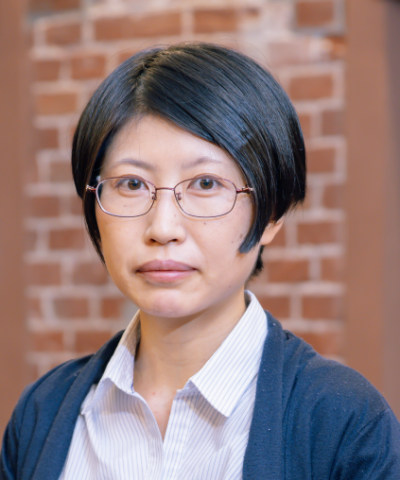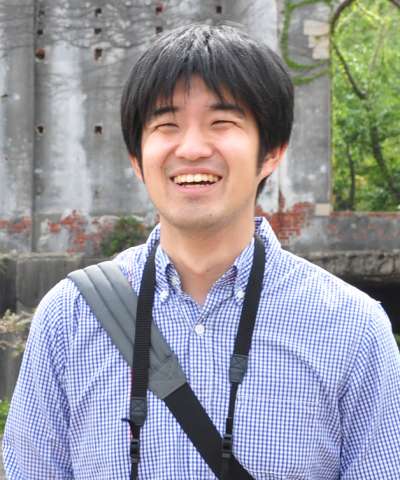The UNFCCC COP26 decision stated that countries “pursue efforts to limit the temperature increase to 1.5 degrees Celsius above pre-industrial levels” and “recognize that limiting global warming to 1.5 degrees Celsius requires rapid, deep and sustained reductions in global greenhouse gas emissions (GHG)”. While renewable energy and other new energy technologies are gaining momentum, the importance of demand-side actions, including the absolute reduction in demand, is often overlooked. The recent IPCC assessment report included a chapter on demand for the first time. It emphasized that "rapid and deep changes in demand make it easier for every sector to reduce GHG emissions in the short and medium term" while acknowledging the difficulties in overcoming social, economic, and political barriers. In this session, we invite early-career scholars and experts from different fields or backgrounds to discuss how we should reimagine our everyday life in the decarbonized and sustainable world.
UNFCCC COP26では、各国が気温上昇を産業革命以前に比べて 1.5度以内に抑える努力を継続することが謳われた。近年、国内でも再生可能エネルギーをはじめとする新エネルギー技術が大きな注目を集めているものの、他方で、需要サイドのアクションの重要性は見落とされがちである。新しいIPCCの報告書では、初めて需要に関する章が設けられ、需要側対策の重要性がかつてないレベルで強調されたが、同時に、社会的、経済的、政治的な障壁を克服することの難しさも認識された。本セッションでは、様々な分野やバックグラウンドを持つ若手研究者や専門家を招き、脱炭素で持続可能な世界において、私たちの日常生活をどのように再構築していくべきかを議論する。
使用言語:英語










